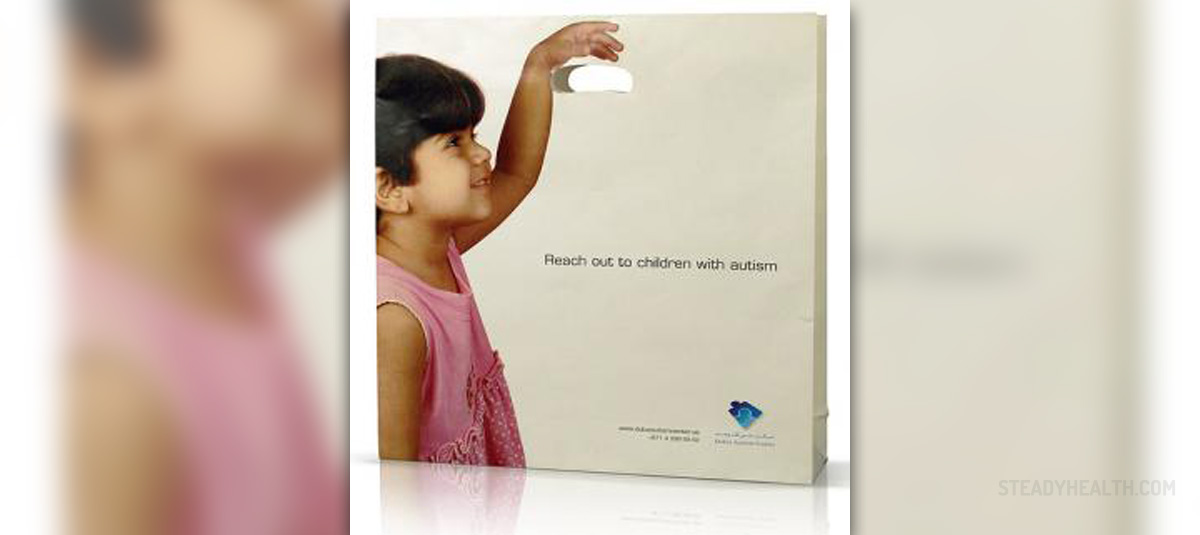
Autism
Autism is a permanent brain disorder which features with improper and impaired communication and inadequate social interaction. Most cases of autism also include restrictive as well as repetitive behavior. The changes in a child's behavior can be severe or mild. The parents are first who notice specific changes in child's behavior. Basically children who are suffering from autism tend not to talk to people and are living in the world of their own.
The problem in autism is connected to neural development. The patterns of behavior in patents may differ a bit. Parents can notice changes in behavior early in the childhood and some children can grow normally and after a few years the symptoms of the disease occur.
Symptoms of Mild Autism
In children the leading symptoms are impaired social skills and development. The children restrain from eye contact with other people. Infants, for example, may not be so interested in any type of social stimuli and may show no reaction to them. These children may not even respond when they are called by their names. Non-verbal communication is typical for children who are suffering from autism. And finally, they do not even communicate with their peers.
Impaired communication occurs in almost 50% of all cases of autism. The children are sometimes unable to adopt natural speech ability necessary for every day communication. If communication is eventually established the child will simply point to the object without specific explanation or verbal expression. Some children may speak but they tend to repeat words or phrases.
Changes in behavior are also specific in children with autism. They are prone to repetitive actions. Hand flapping is only one example. They can also make different sounds, roll their heads or rock their bodies. Compulsive behavior is also typical and some of them stick to this routine. Arranging objects in stacks or line can frequently occur. Ritualistic behavior can also reflect on meals and dressing rituals. They can become obsessed with a single TV program, a specific toy, or a game. And some children are even prone to self-injury.
Behavioral changes also include recurrent mood swings and unexpected outburst of anger. Once the have established their own rules and routines these are hard to be changed. Furhermore, children suffering from autism are prone to agitation.
These children additionally suffer from impaired motor skills. This can interfere in writing and some simple activities such as catching a ball.
And finally, these children can be rather sensitive to bright light or sudden and loud noise.



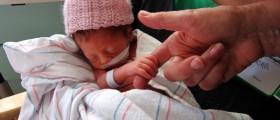
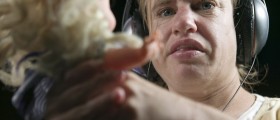

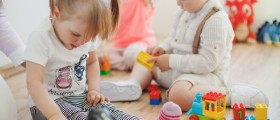
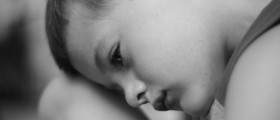
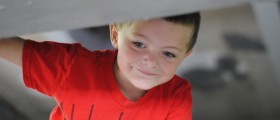
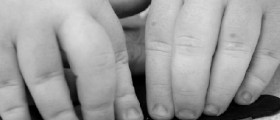
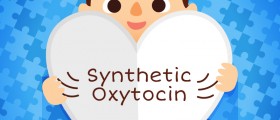


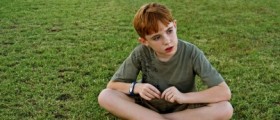
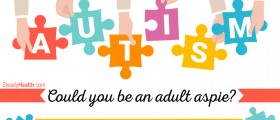
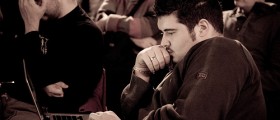

Your thoughts on this
Loading...